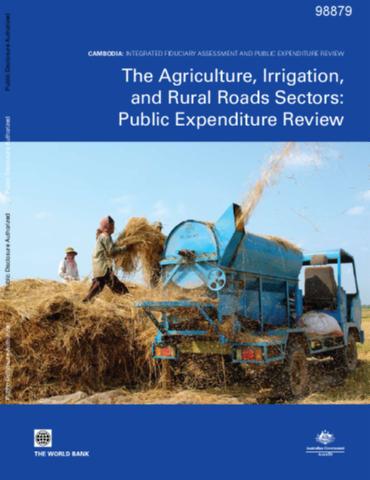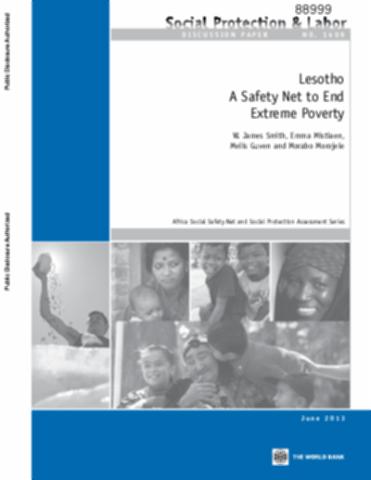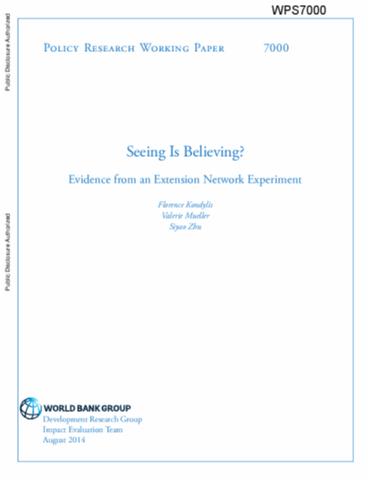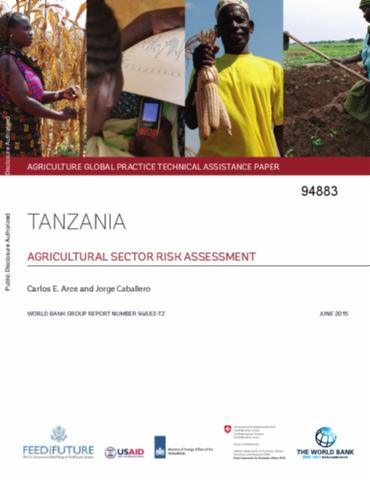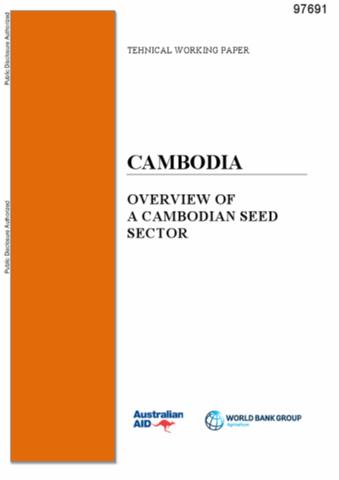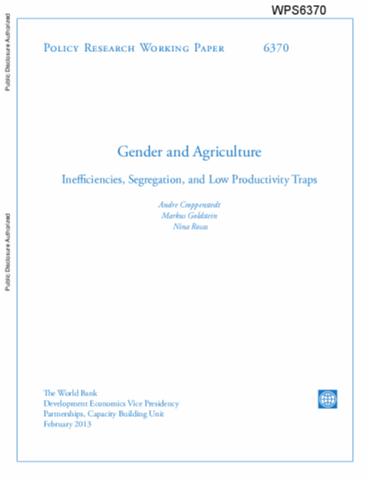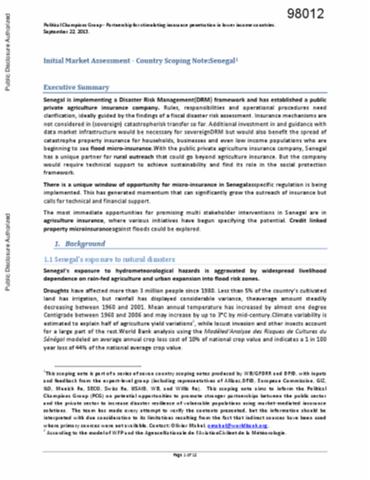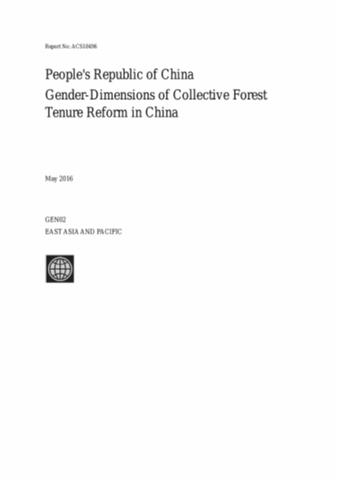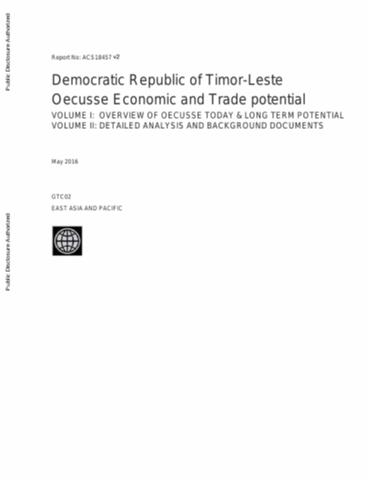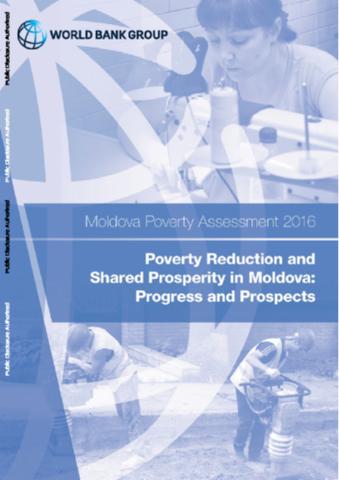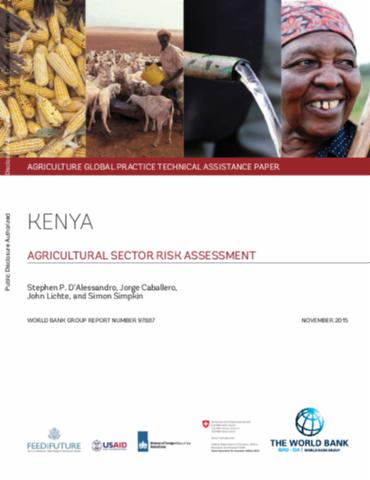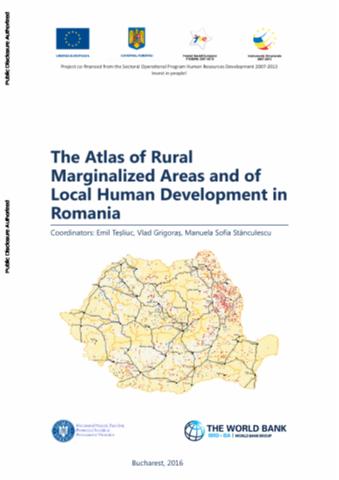Cambodia
This report focuses on areas with highest potential efficiency gains to increase the value for money from investments in core public goods and services such as extension, irrigation and rural roads. This is a first attempt to carry out such an analysis in Cambodia, and even in the Greater Mekong sub-region. Based on extensive data gathering and surveys, this chapter analyzes the efficiency and effectiveness of agricultural sector expenditures in Cambodia and assesses various options for increasing the impact of government expenditures on agricultural growth.

